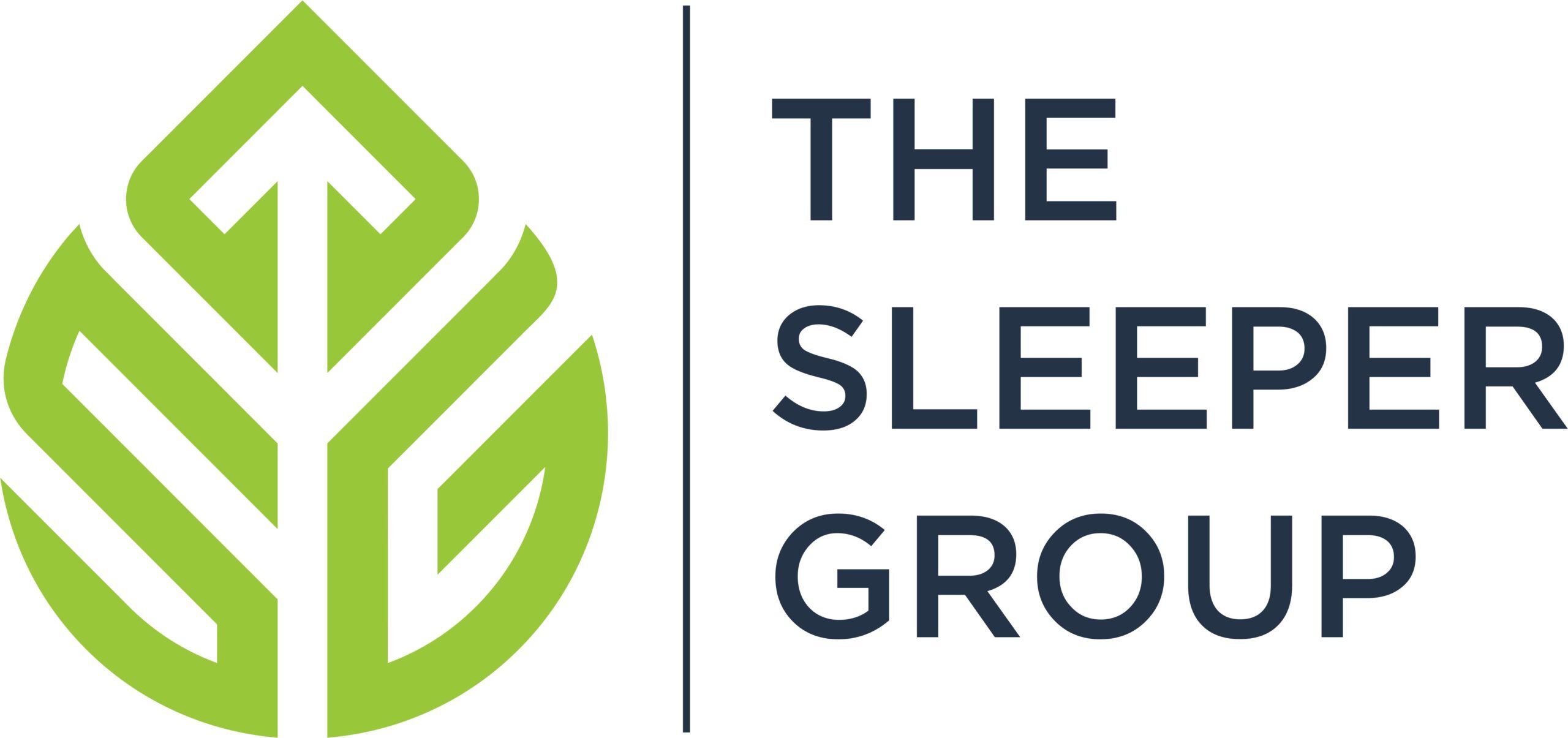
Organizational Development Strategy
Overcoming barriers to increase capacity.
What is organizational development strategy?
Organizational Development (OD) is a field of practice that focuses on enhancing organizational effectiveness and individual well-being within the workplace. It involves planned, systemic efforts to improve an organization’s capacity to achieve its goals and adapt to a changing environment. OD encompasses a wide range of interventions, processes, and strategies aimed at fostering positive organizational change.
Key Components of Organizational Development Strategy:
- Assessment and Diagnosis: Understanding the current state of the organization through data collection, surveys, interviews, and other diagnostic tools.
- Intervention Design: Developing targeted interventions based on the identified needs and challenges, such as team building, leadership development, and cultural transformation.
- Implementation: Executing planned interventions and strategies to bring about positive change, often involving training, coaching, and communication initiatives.
- Evaluation and Feedback: Assessing the impact of interventions, gathering feedback, and adjusting strategies based on results.
- Sustainability: Ensuring that positive changes are embedded in the organization’s culture and processes for long-term success.
Role of a Consultant in Organizational Development:
Organizational development consultants play a crucial role in guiding and supporting organizations through the change process. Their expertise can be beneficial in several ways:
- Objective Assessment: Consultants provide an unbiased, external perspective, conducting thorough assessments to identify organizational strengths, weaknesses, opportunities, and threats.
- Expertise in Intervention Design: Drawing on their experience and knowledge, consultants design tailored interventions that address specific organizational challenges and align with the organization’s goals.
- Facilitation and Training: Consultants often facilitate workshops, training sessions, and team-building activities to enhance communication, collaboration, and leadership skills within the organization.
- Change Management: Guiding leaders and employees through the complexities of change, consultants help manage resistance and foster a positive attitude toward organizational transformation.
- Customized Solutions: Consultants offer customized solutions based on the unique context and needs of the organization, ensuring that interventions are relevant and effective.
- Continuous Improvement: Consultants assist in the ongoing evaluation of the change process, making adjustments as needed to ensure that the organization is continually improving and adapting to its evolving environment.
- Knowledge Transfer: Through their work, consultants transfer knowledge and skills to internal teams, building the organization’s capacity for self-sufficiency in managing change.
By leveraging the expertise of organizational development consultants, businesses can navigate the complexities of change more effectively, fostering a culture of continuous improvement and adaptability.
